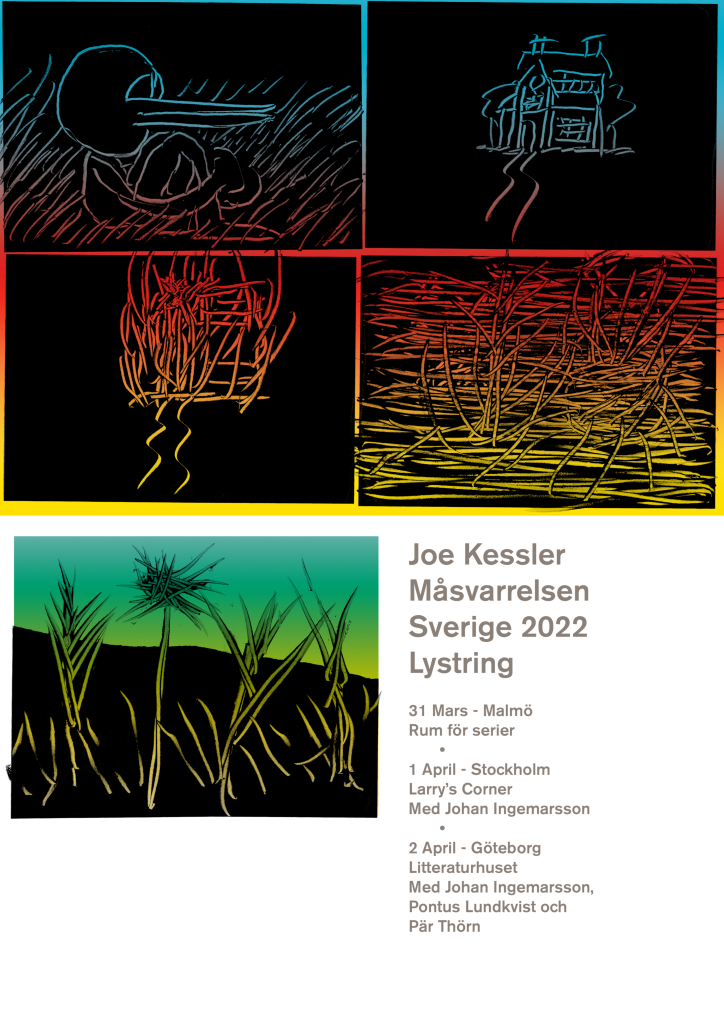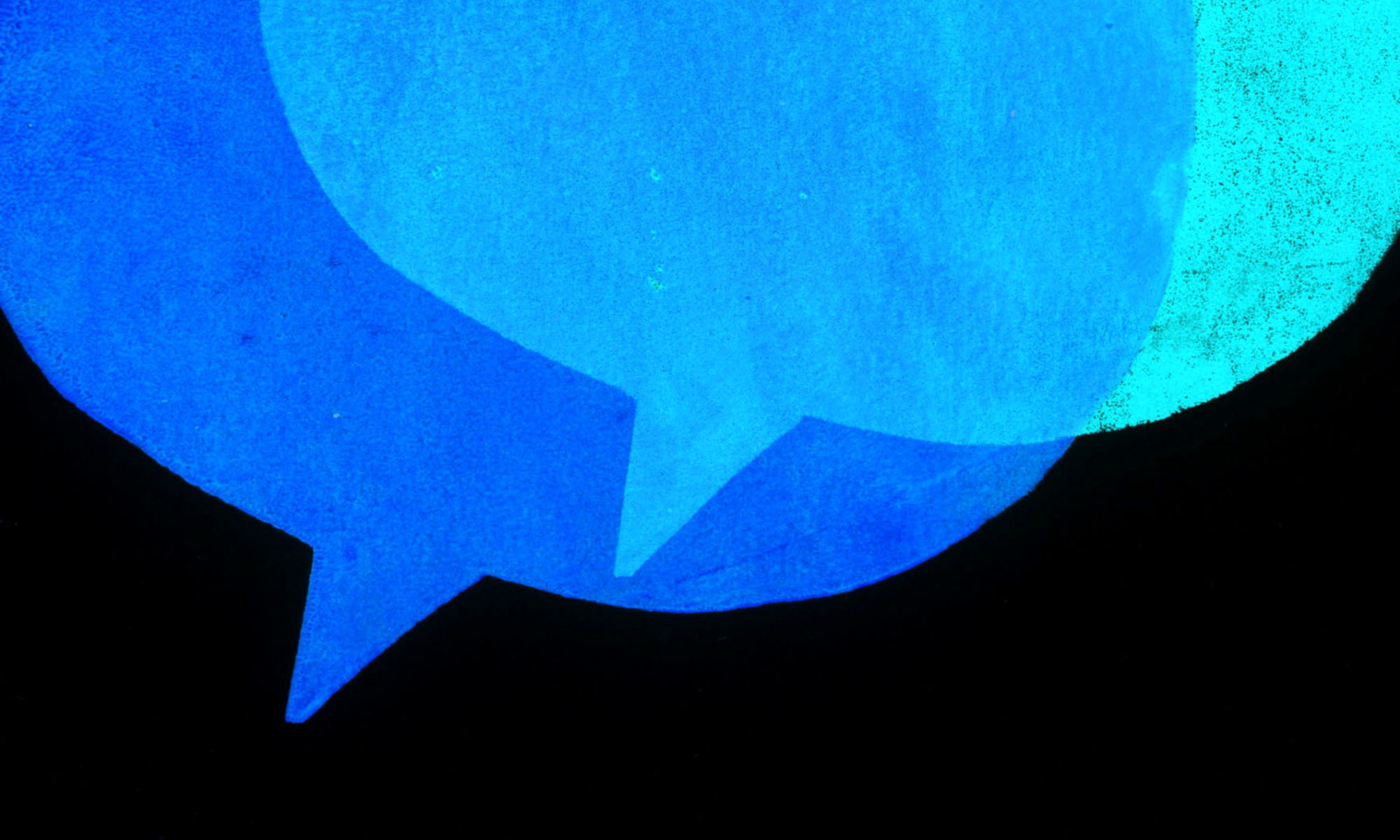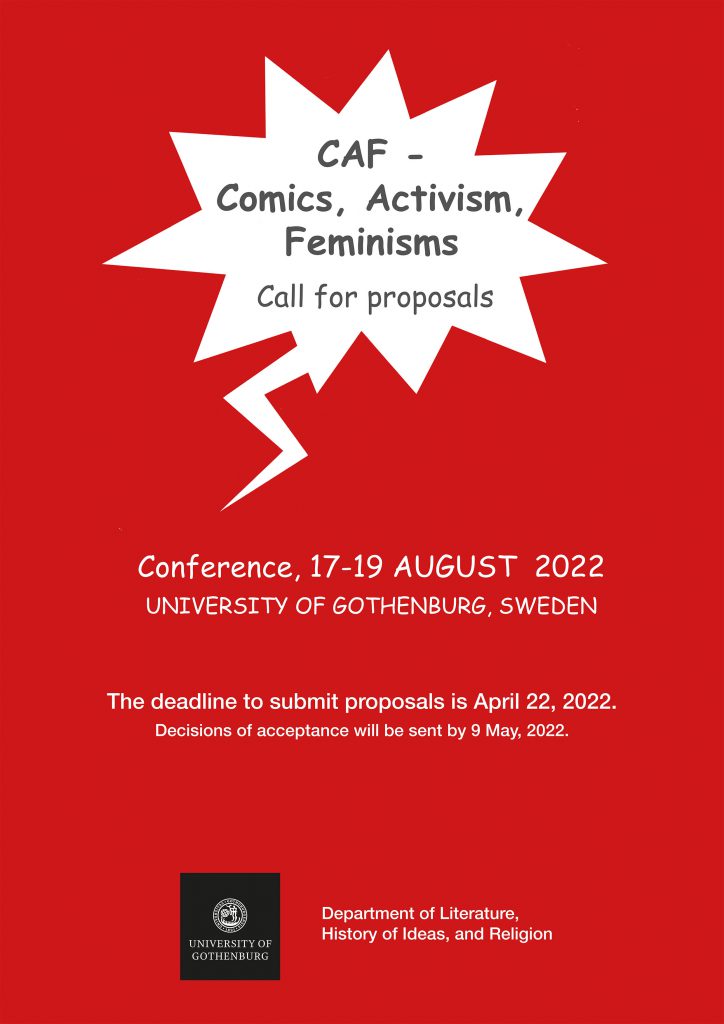A special issue of Scritture migranti seeks to explore the representation of migration narratives in the comics medium.
The current production of comics dealing with the theme of migration is blooming. Graphic memoirs, autobiographies, pieces of comics journalism, and ethno-graphic novels – just to mention a few genres – have drawn great attention to the past and contemporary international migrant experiences. Such a large and thriving production suggests reflecting on the role of comics as a specific medium to tell migration phenomena and encourages a further exploration on how new knowledge on migration can circulate through comics. Recent studies have approached migration from different perspectives, such as remembrance and portraying of the immigrant experience (Serrano 2021), postcolonialism (McKinney 2021), life narratives and memories (Nabizadeh 2019), traumatic pasts (Davies and Rifkind 2020), aspects of emotions (Humphrey 2017), politics and aesthetics (Earle 2020; Nabizadeh 2014), topographies (Rifkind 2017), and braided geographies (Davies 2019).
We are thus interested in a broad range of contributions to further explore the intersection between comics and migration and expand our understanding of how comics raise awareness of pressing migration issues. We therefore invite paper proposals from different disciplinary backgrounds that engage on how causes, mechanisms, and dynamics of migration are represented in comics form. To enrich our collective understanding of how comics work to shape our knowledge of migration, we suggest that the proposals consider the intersection of migration and comics from three main perspectives:
● regarding themes, discussing how migration narratives are conveyed in comics form;
● concerning knowledge production, investigating how comics are (co-)created, their material collected, and the result assembled, and the challenges associated with these processes;
● focusing on reception, taking into account the didactic use of comics dealing with migration, the ways comics are (and can be) used as a tool to disseminate academic research about migration, and the effects comics about migration (may) have on policy-making.
We invite contributions that explore the representation(s) of migration narratives mostly, but not exclusively, in contemporary works from different comics traditions and cultural backgrounds. Themes may include (but are not limited to):
● advocacy, activism strategies, and empowerment
● autobiographical and biographical comics
● minorities and new communities
● politics and ethics of representation
● participatory practices
● socio-cultural anthropology and ethnography
● comics journalism
● comics as propaganda
The deadline for the submission of a 300 word abstract and a short author note (100-150 words) is February 28, 2022. Contributions will be 40,000 characters maximum including spaces, notes and bibliography, and can be submitted in English, French, or Italian. Authors may include up to three images, whose copyright clearance must be obtained by the date of publication of the special issue. Editorial guidelines (with a reference template) and additional practical and stylistic information will be communicated upon acceptance of proposals.
Publication timeline:
Abstracts deadline: February 28, 2022
Notification of acceptance: March 15, 2022
Submission deadline: July 15, 2022
Peer review: by September 15, 2022
Delivery of final version of articles: November 1, 2022
Please address all enquiries to the editors crossingdrawnborders@gmail.com
The special issue editorial board:
Dr. Giorgio Busi Rizzi, Universiteit Gent
Prof. Natalie Dupré, KU Leuven
Prof. Inge Lanslots, KU Leuven
Alessia Mangiavillano, PhD Candidate, Coventry University



